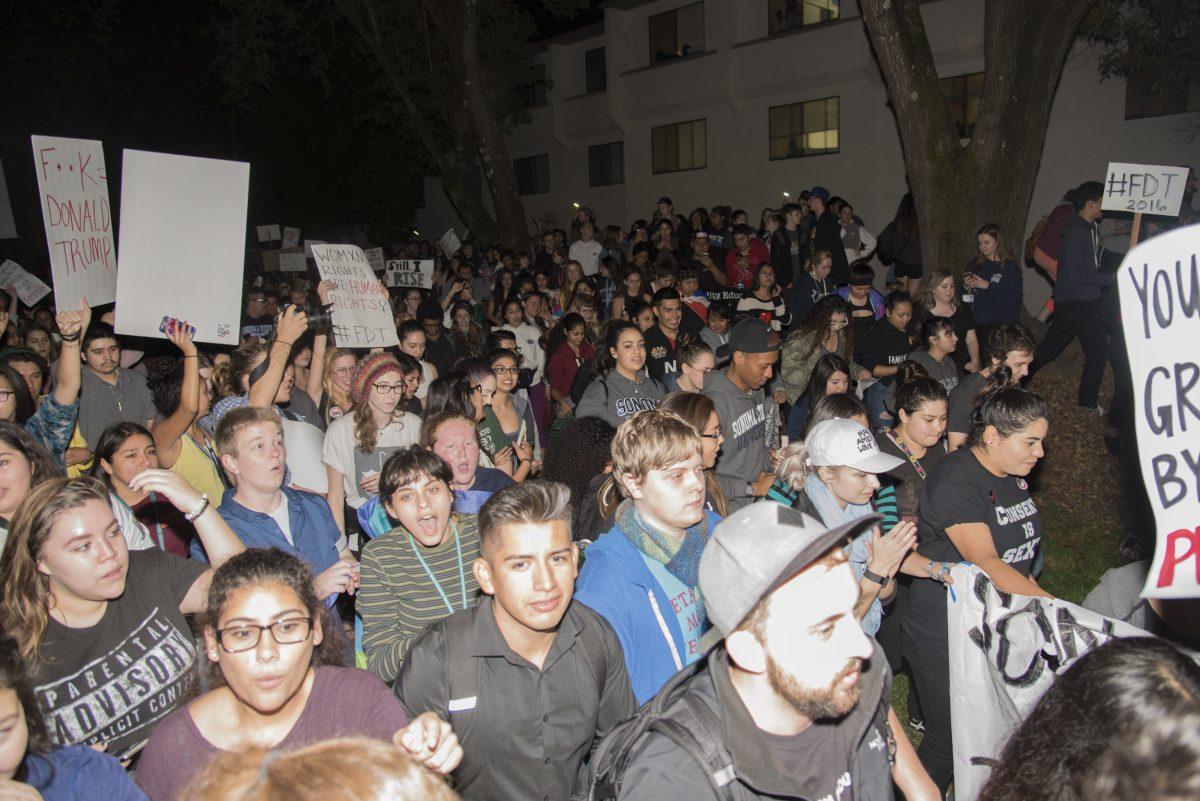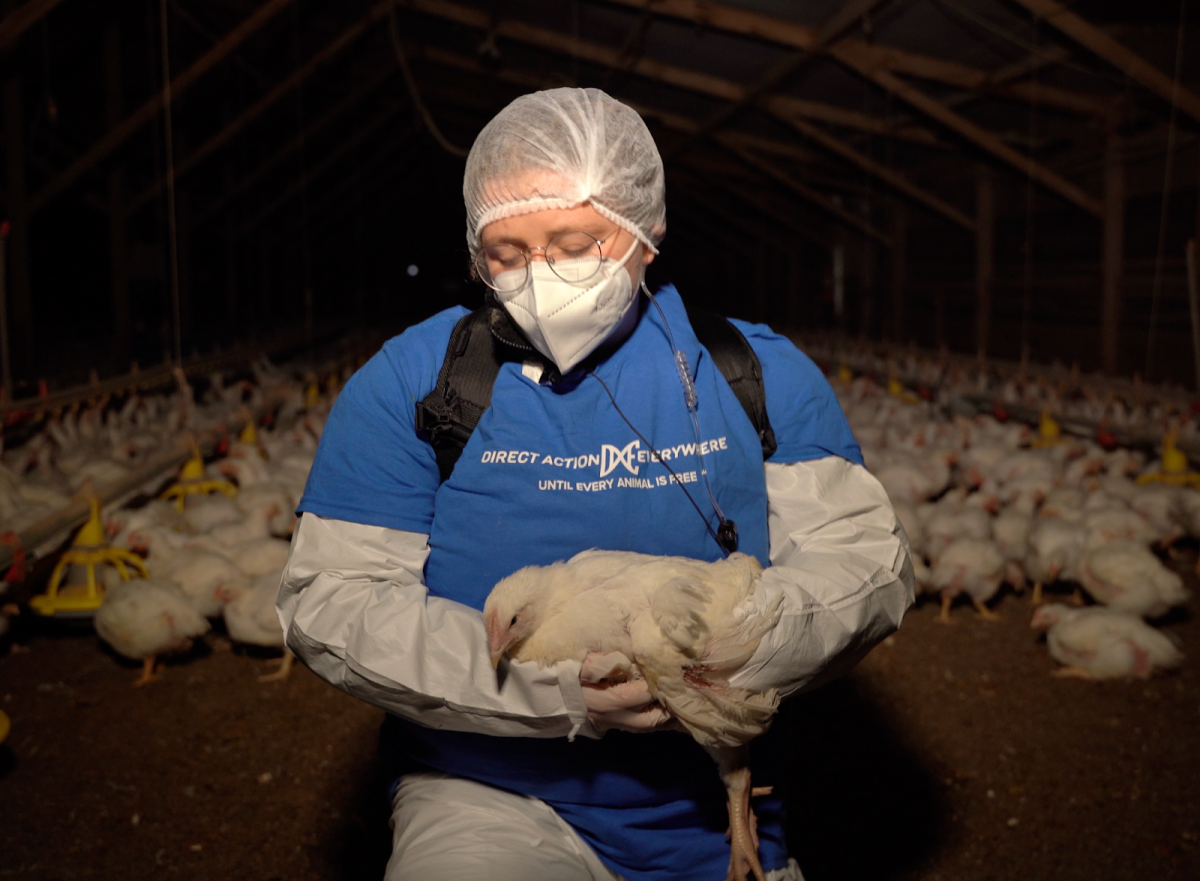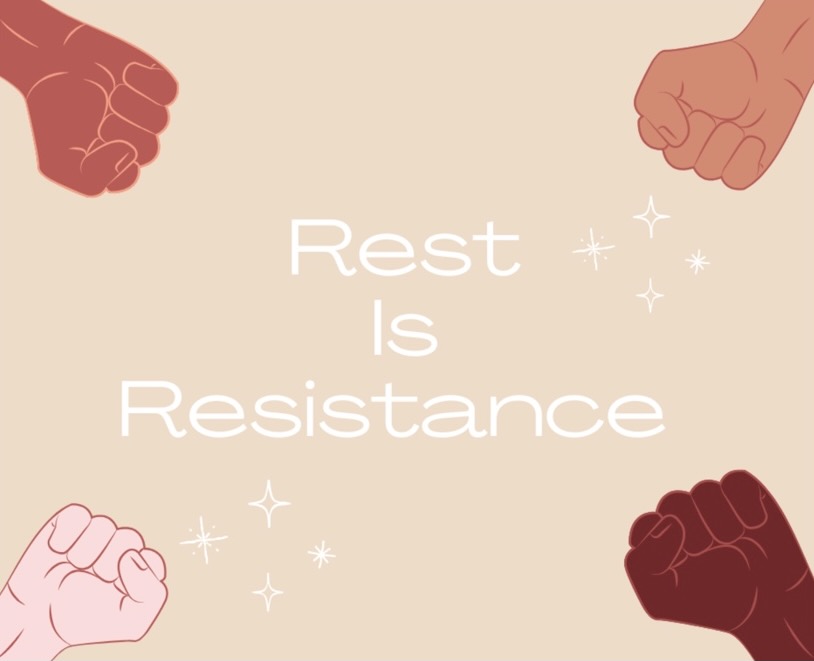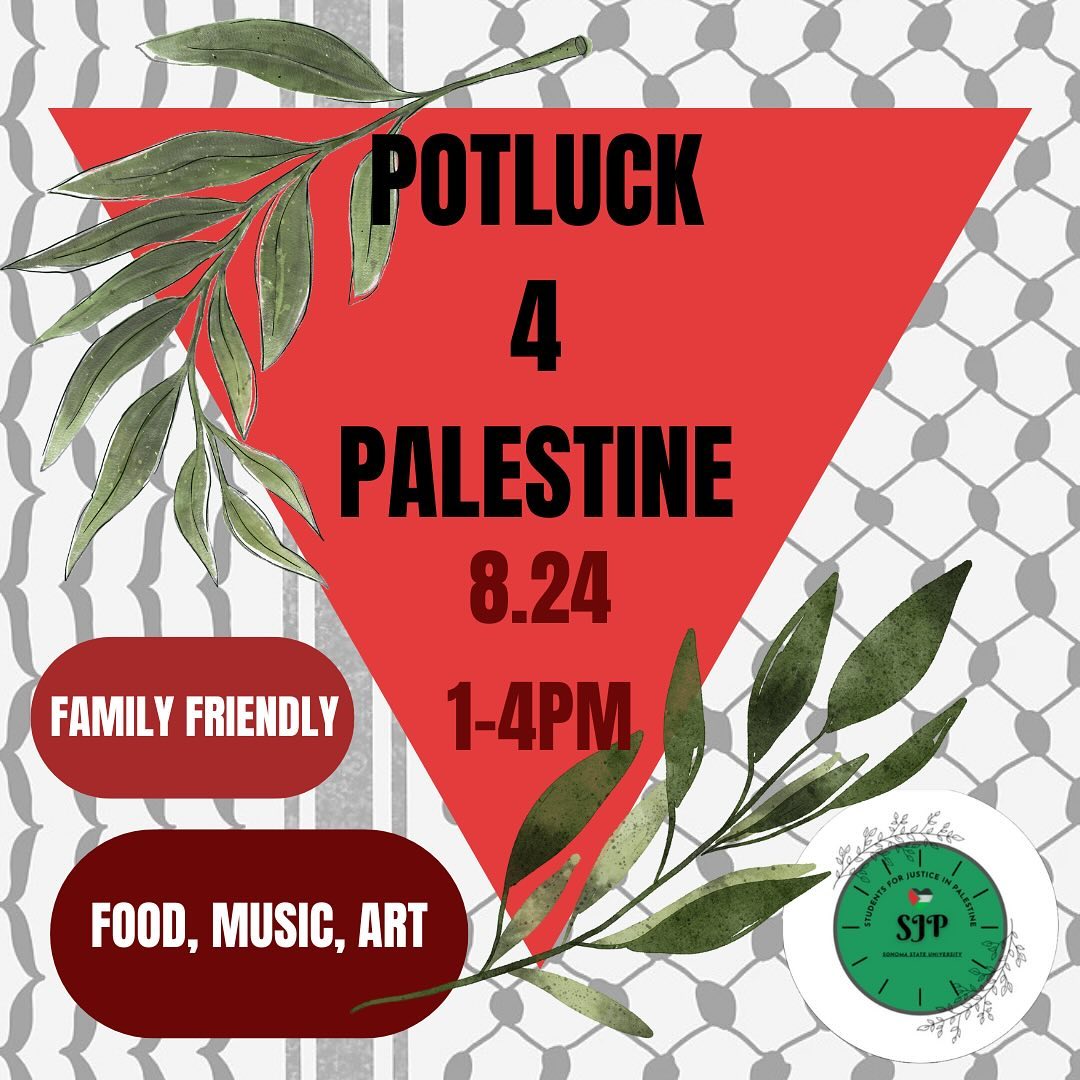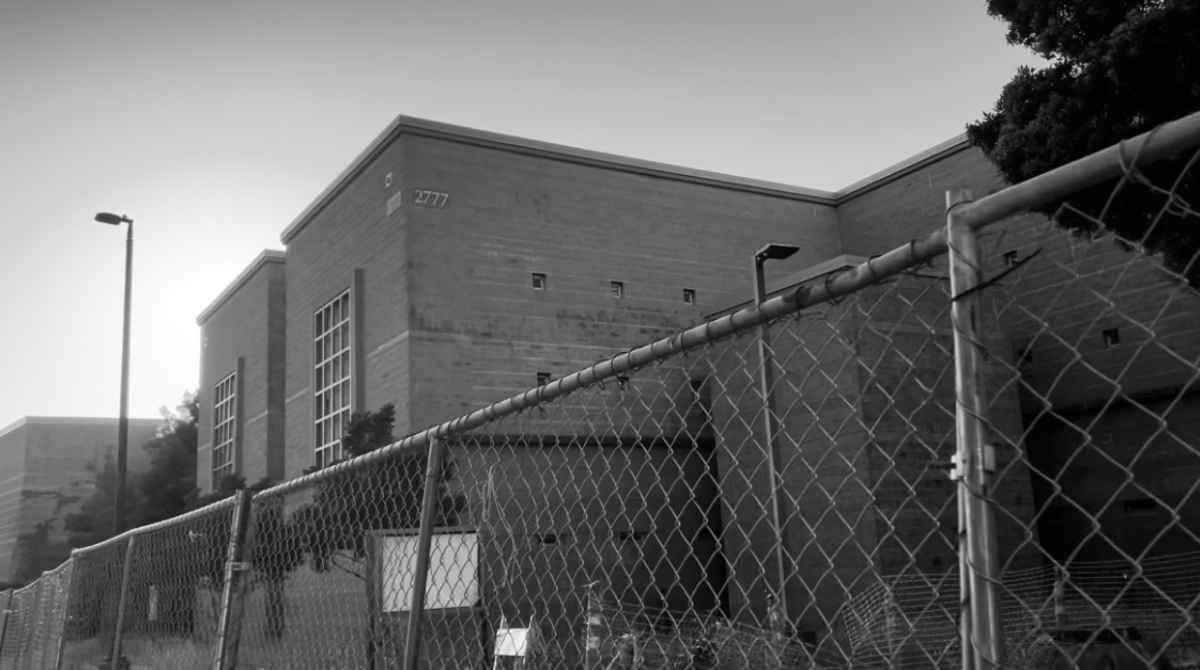The Greek community at Sonoma State University has been having a rough time lately. With three separate incidents of substance abuse poisoning all taking place at Greek life formals, the groups were given a warning of suspension if similar situations were to happen again from none other than President Ruben Armiñana.
From the looks of it, he seems to be taking the cautionary steps before jumping to any conclusions (read more on page 4). But is the idea of suspending all Greek life taking things too far? Who’s really to blame?
Cancelling formals would be more appropriate than going to the extreme of getting rid of Greek life altogether. Think about it this way: what if you were to discover and unseemly wart on your arm? You wouldn’t jump to the conclusion of amputating the entire arm to remedy the situation.
Only a few bad apples are running the risk of ruining Greek life on campus, so why not simply deal with those individuals or groups specifically? It is unfortunate people who can’t personally take care of themselves are creating issues for those that put a lot of money into these events.
Why not let the Greek communities manage this situation themselves? They can deal with the troublemakers, and then pass on the information to our university for the legal recourse to take place.
Figure out the individuals who choose to still act like it’s their first time having a beer, and publicize their punishment as a message to others. Actions as far as expulsion may even be necessary, but this shouldn’t be reflected on all of Greek life in general.
We don’t think Armiñana will get rid of Greek life, simply because of the large amount of people it attracts to our campus, but there may definitely be a cutoff as far as formals, cocktails, mixers and special events go, sending a message to people who act irresponsibly and expect to get away with it.
Suspending Greek life certainly won’t end the drug and alcohol problems. People, whether involved with student life or not, make their own personal choices in this case, and there is obviously too many people who take advantage of what their body can handle.
It reflects poorly not only in the Greek community, but practically everyone else on campus. Student life is one of the biggest attractions for colleges, and by possibly shutting these down, this leaves prospective freshmen and transfer students with one less major incentive to come here.
Students and outside parties love to complain or point out how we don’t have a football program, and as empty of an argument as that is, it still leads us to question what could happen when one big thing suddenly gets taken away.
Banning all Greek life outright would cause students to flock to other nearby schools that welcome it with open arms, and there wouldn’t be an ideal pull to attract future Seawolves: “Um, we have a football—no wait. Um, we have several fraternities and sororities to choose—no wait. We have the Student Center. That’s what I meant.”
Sonoma State University wouldn’t be the first in the CSU system to do this. Two fraternities at CSU Chico were suspended for two to three years in last May, both of which were for alcohol-related incidents.
We need to encourage our students to be smarter, not just when it comes to taking a risk by attending a questionable party or event, but keeping in mind how the consequences that may transpire will have a negative effect on the campus as a whole.
Even with all the drama at our formals this year, there are still many benefits to being in Greek life, and completely suspending it would make for an unfortunate decision. Many of us who aren’t affiliated with Greek life can clearly see a large proportion of students on campus are, and love it.
Maybe this comes down to a generational or societal shortcoming: we care too much about chasing the next high or reaching a blackout status—what kind of life is that? People need to be encouraged to take responsibility for their actions, whether they’re a part of Greek life or not.


